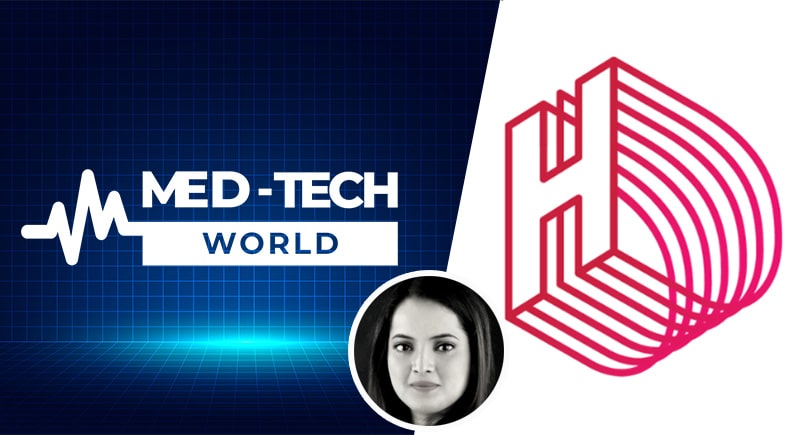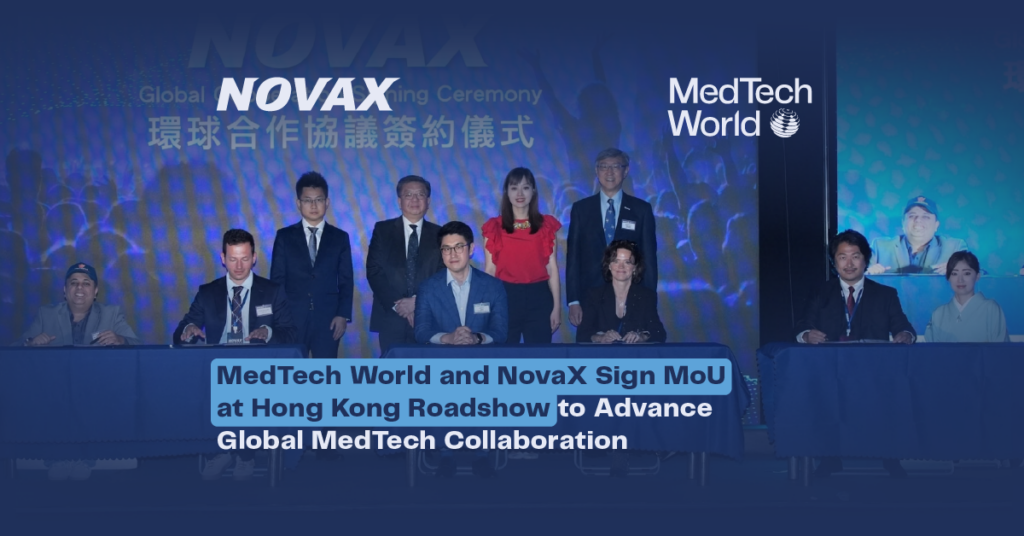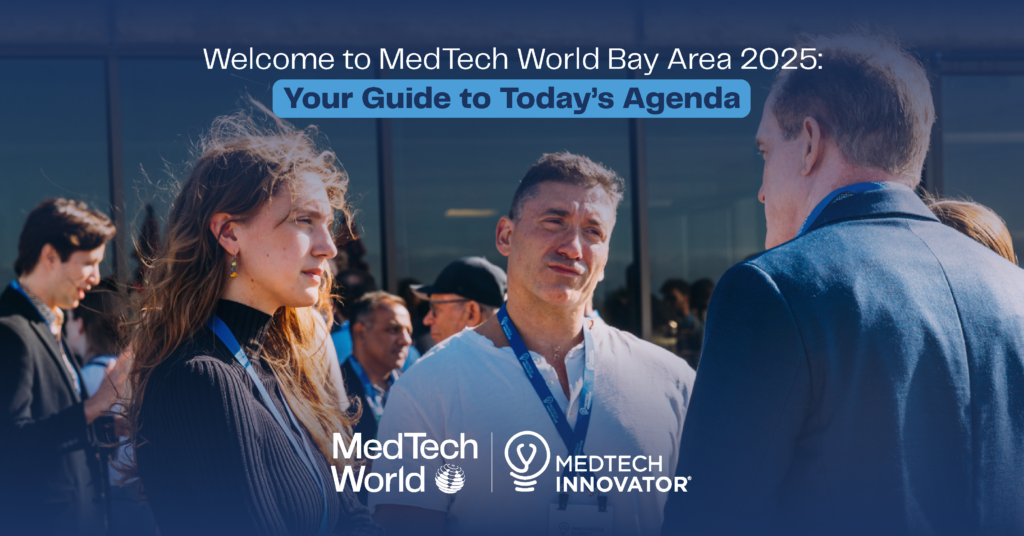
Michael Joe Cini
26th May 2022
Digital Health Voice Ep. 1: The Med-Tech Toolbox of the Future
In the premier episode of the Digital Health Voice, a partnership between Med-Tech World and Digital Health Malta to give leading medical entrepreneurs and technologists a platform, Founder Stefan Buttigieg speaks to Dr. Monika Sonu from Health Innovation Toolbox
As a medical doctor by background, Dr. Sonu combined her deep medical experience with her innovative acumen to become the CEO and Director of New Product Development at the Health Innovation Tool box.
Stefan began by eliciting Dr. Sonu’s journey from medical practice to entrepreneurship. Dr. Sonu elaborated on the fact that her interest about emerging tech’s place in tomorrow’s hospitals spanned almost 10 years.
My interest in digital health goes back almost a decade. So I wanted to move into this lesser known territory and believe me, it was not easy being a doctor. I felt that I needed to contribute differently to healthcare and I was inclined towards things like digital health check technology and the potential of technology to bring change in healthcare.
She then delved into the difficulty one faces when attempted to branch out of their comfort zone. This being said, she also stated that it serves as an extremely educational experience for anyone with the will to persevere.
I was not prepared, of course. I grabbed some more education apart from what we learned as medicals. I took a sabbatical for almost three years. I worked cross industry, trying to learn. So I did a lot of cross industry work and as we see that healthcare, specifically the health-tech sector, is a burgeoning industry. I can say that I’m at the right place at the right time.
Stefan then asked about how the skillset she had as a clinical practitioner translated into the private consulting sector. She explained how her on-the-ground experience led to her seeing niches in the market that a less experienced eye would not have seen.
When I was a clinician and practicing doctor, I was lucky enough to explore different working environments. I was not always working in a system with good infrastructure and we lacked a lot of things. I could see a lot of gaps, which tech could probably save. I got deeper into the core operational part of health care, the process part of healthcare, the quality part of healthcare and then I started jumping into the technology.
Stefan then asked her to elaborate on the Health Innovation Toolbox and Digital Machina and how they served to bridge the gap between the emerging tech ecosystem and the legacy healthcare industry. On Digital Machina, she elaborated that it had been in operation since 2013.
We started back in 2013, it was an operations and digital consulting firm taking its baby steps towards technology and digital transformation while covering multiple industries simultaneously.. We were training multiple clients on digital transformation, operating model optimization and, in parallel, we were taking our baby steps in the digital product design and development.
With Digital Machina covered, Dr. Sonu then elaborated on the Health Innovation Toolbox.
The consulting and technology went hand in hand, conceptualized and co-created with our partners, leading to a lot of multiple healthcare products. In-house, we have our own telemedicine platform. We have our own Blockchain based pharmacy platform, our own conversational AI etc. So these are some very interesting things that we have done so far in healthcare. Apart from that, we also do customized health tech projects. The tech projects specifically focus on the emerging tech.
Finally, Stefan asked Dr. Sonu what her main message towards the audience was. In response, she stressed that the entire healthcare industry was ripe for a total transformation and that, while it would be exciting and genuinely beneficial, we still need to ensure that this paradigm shift is done correctly.
As someone who has worked so closely in every aspect of healthcare, I think it’s not more and more technology that is important, but what is important is the right technology. You can create huge ripples in healthcare. I do not need the most innovative technology, but the most fitting technology for healthcare. In this new economy the companies and healthcare providers that succeed will be the ones that make humanity a differentiator in this age of automation. It’s time for us to embrace new technology with a lot of sense and commitment.”
She also focused on the fact that the medical industry as a whole had a tendency to underplay the importance of the frontline when it came to medical care. Arguing that the frontlines are the soul of healthcare, she stated that deep tech cannot just be used in the backend but must also allow medical professionals on the frontier to succeed where otherwise they would fail.
About Med-Tech World:
It is now estimated that the global digital health market will increase to around $640 billion by 2026. Through our expertise coupled with optimized networking, we will ensure that both investors and startups are on the ground floor of this health revolution. The event which is organized and curated alongside a team of doctors, attracts legislators and policymakers, medical professionals, and investors from across the world, addresses the opportunities and challenges driving this million-dollar forum.




